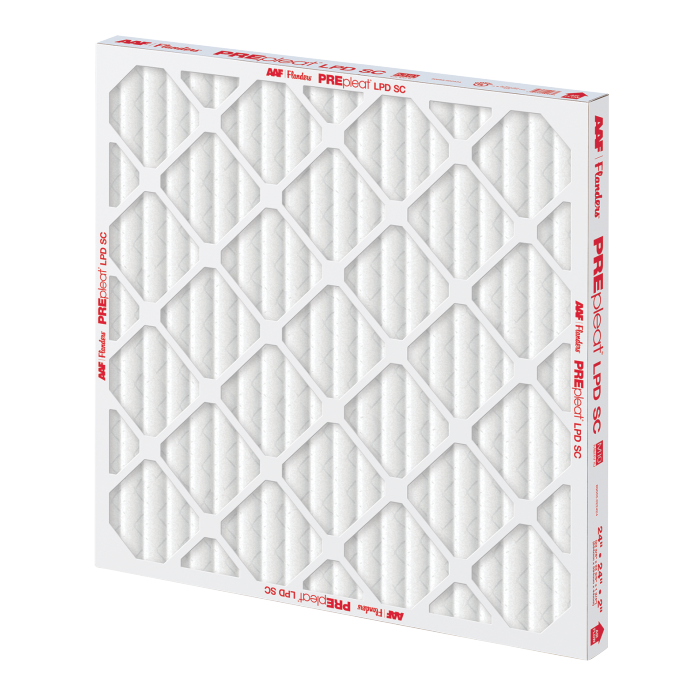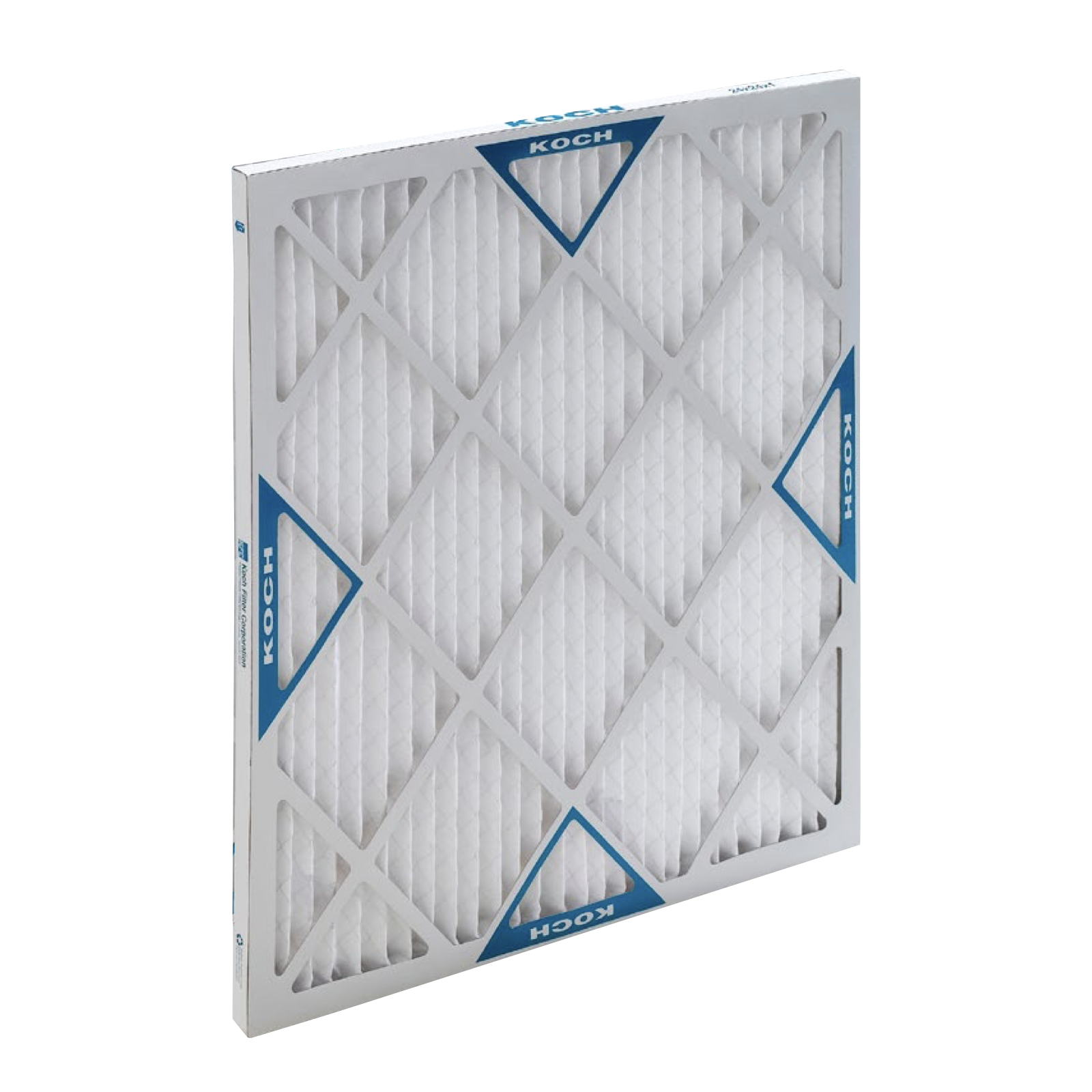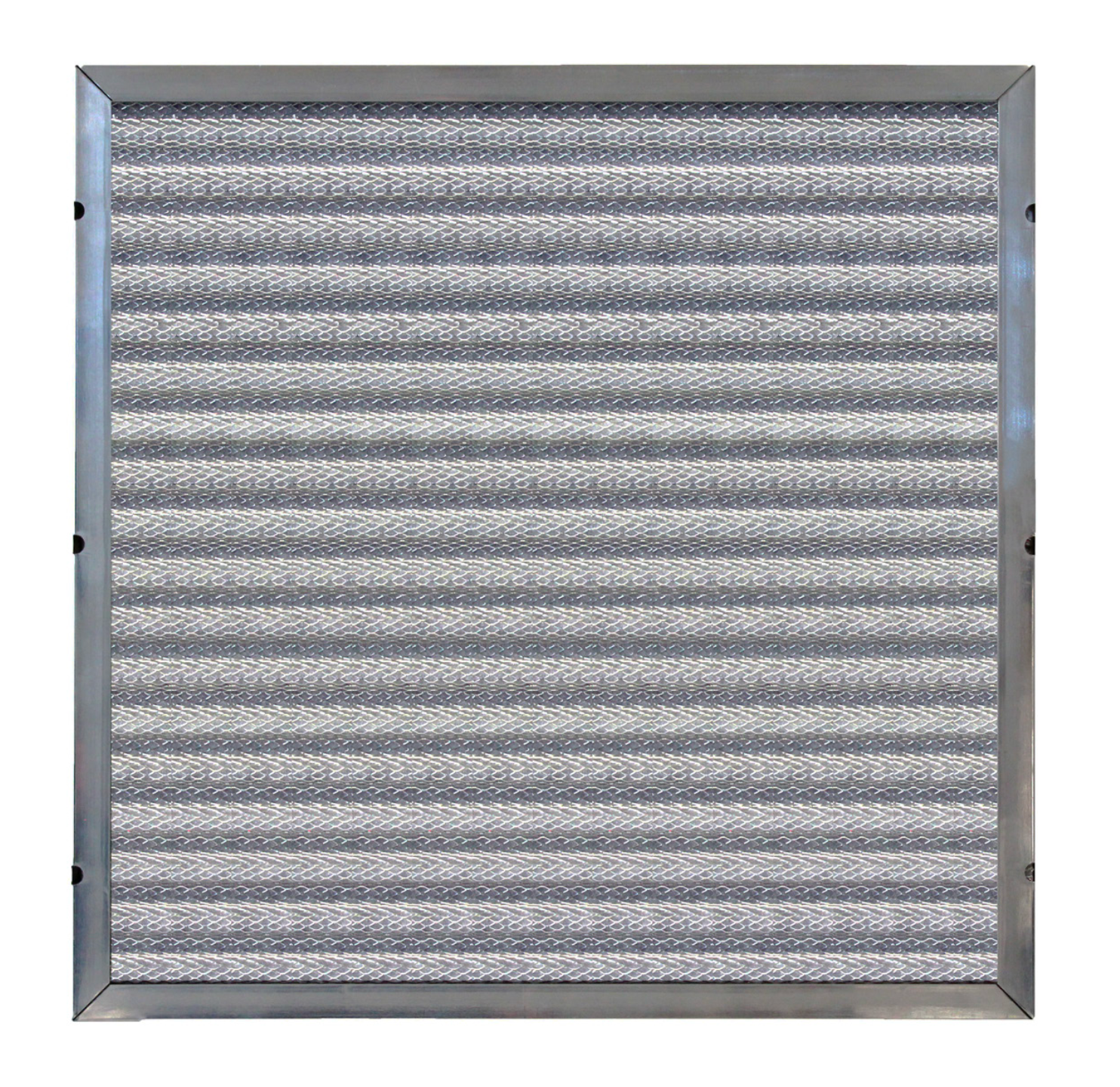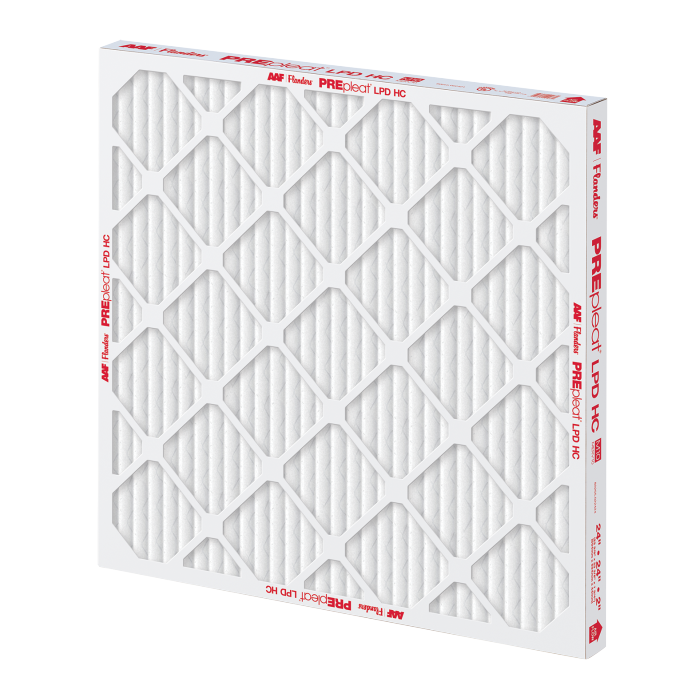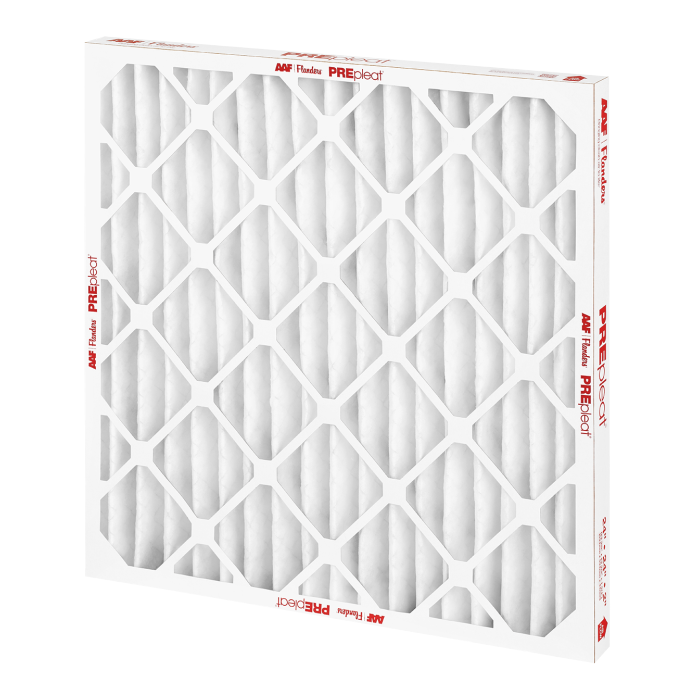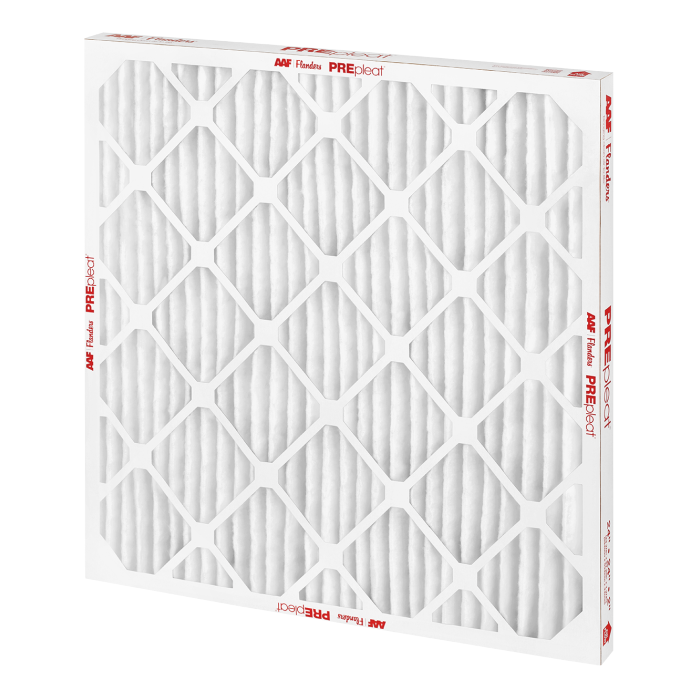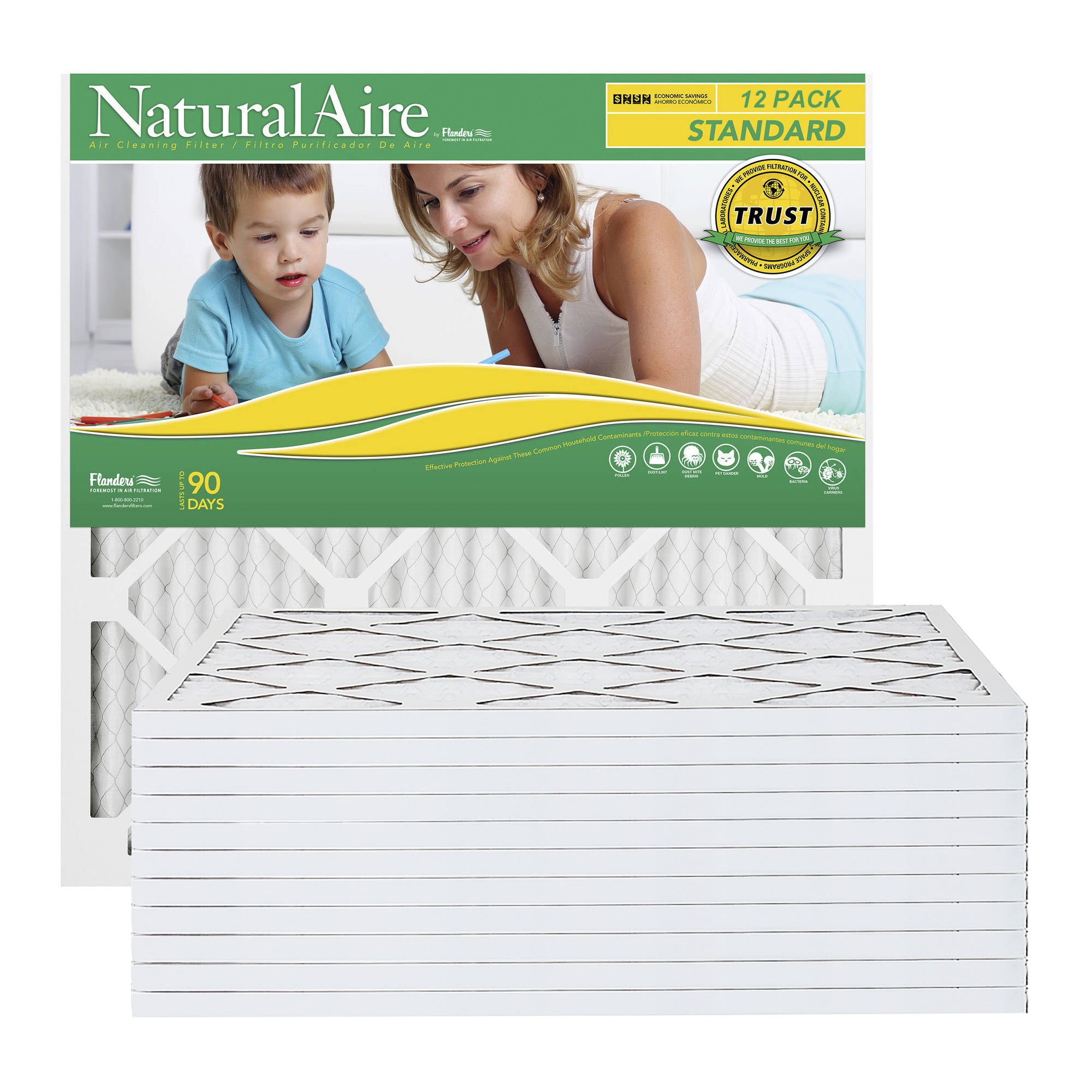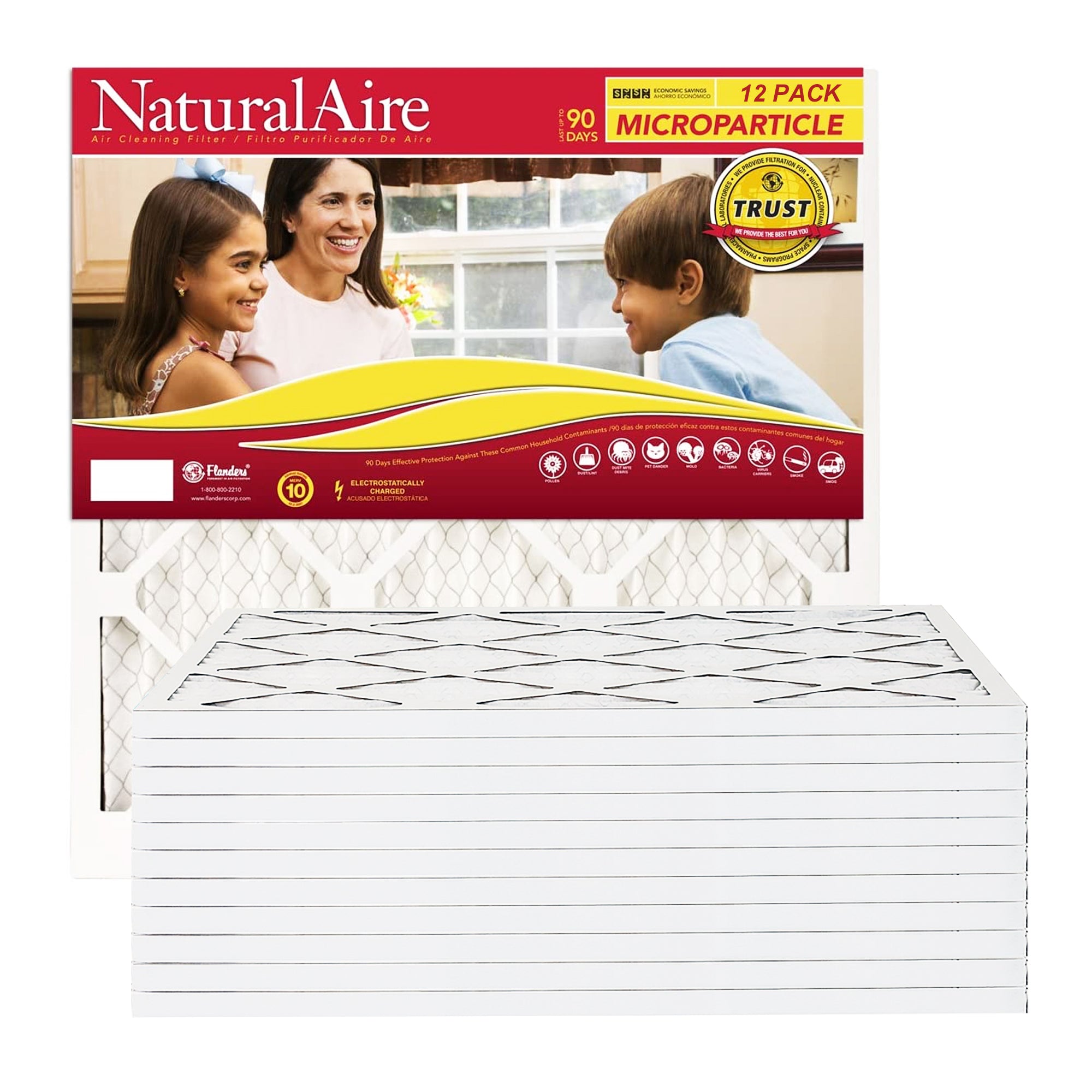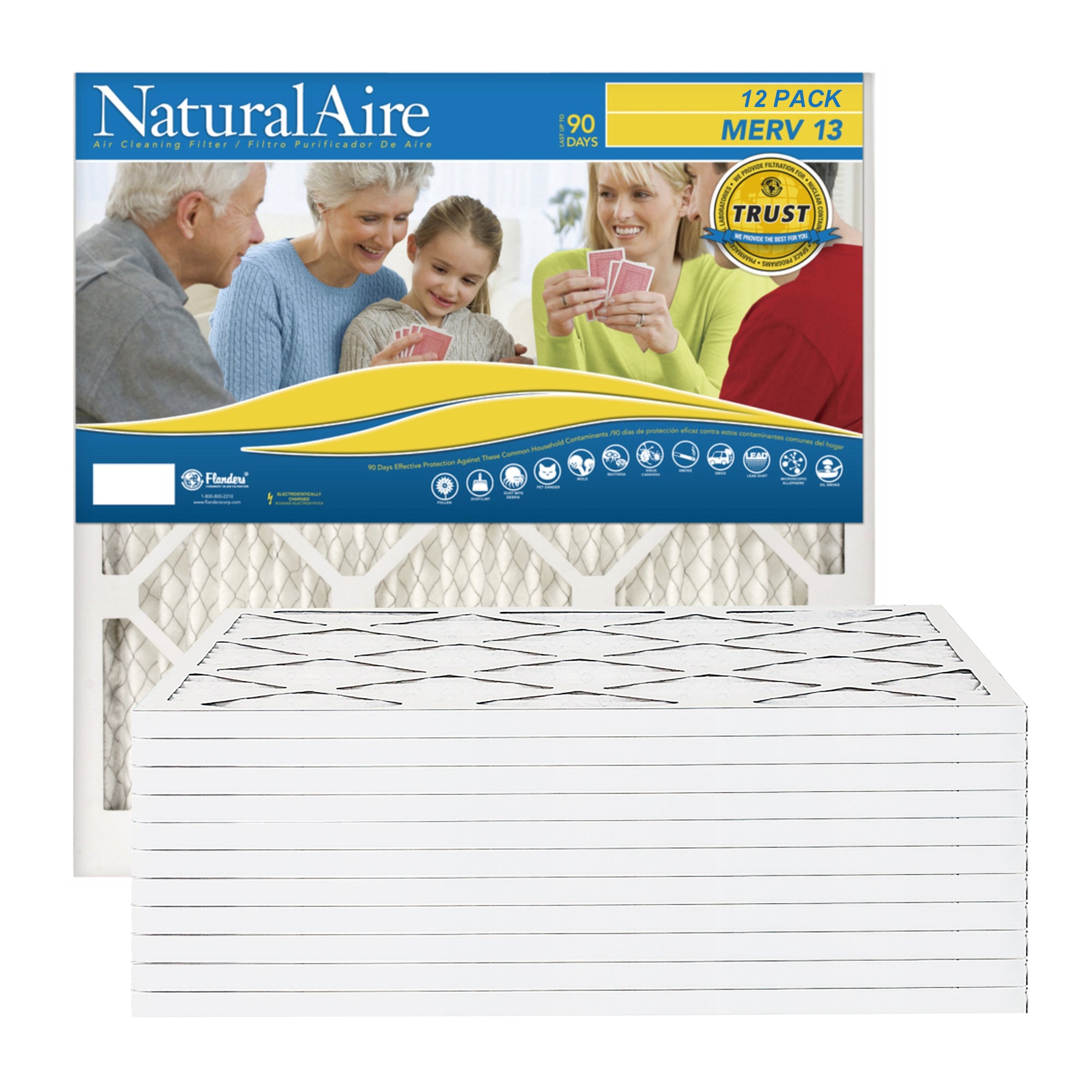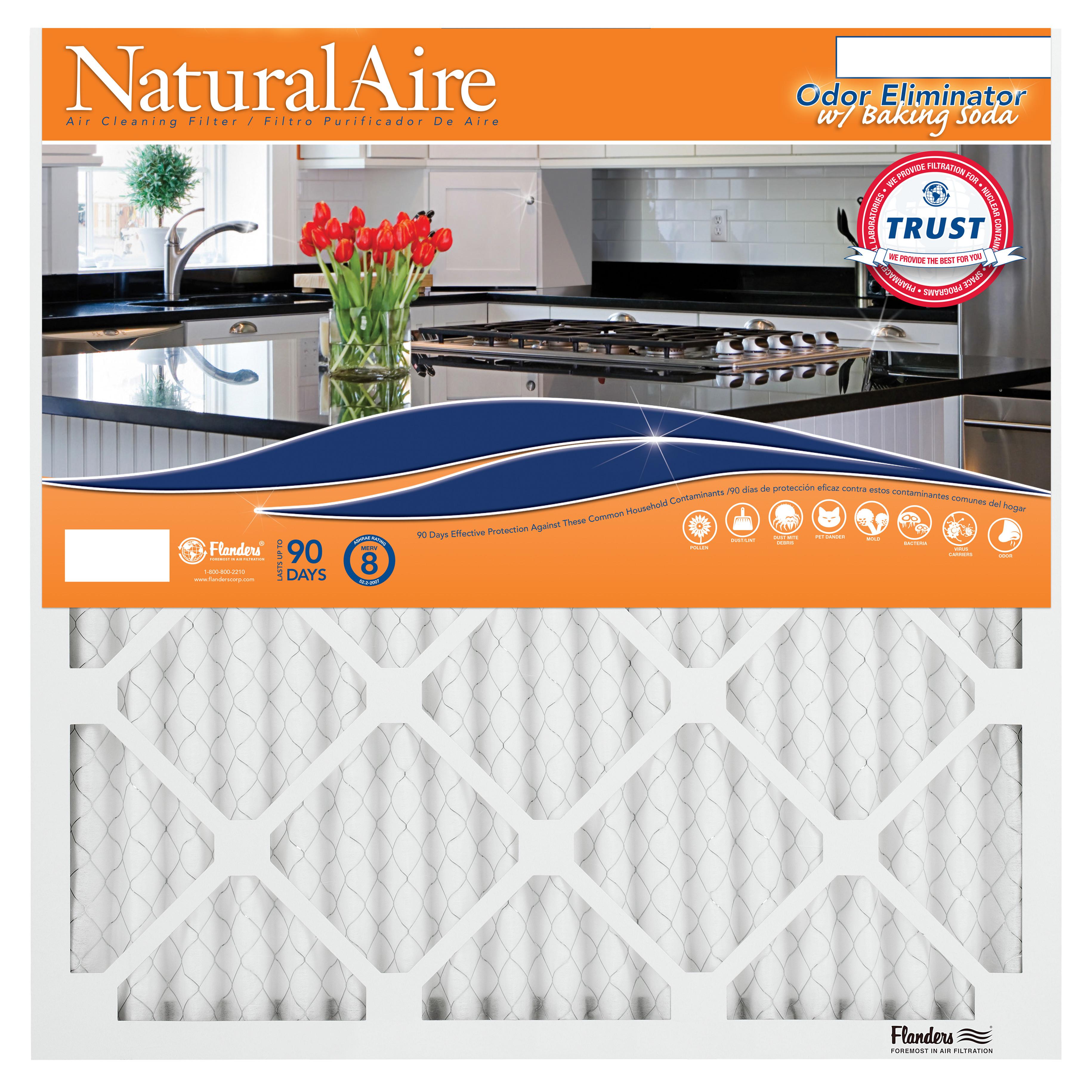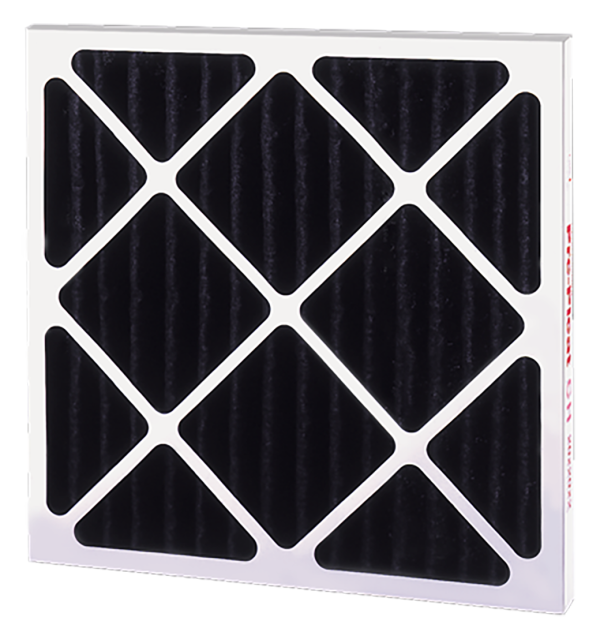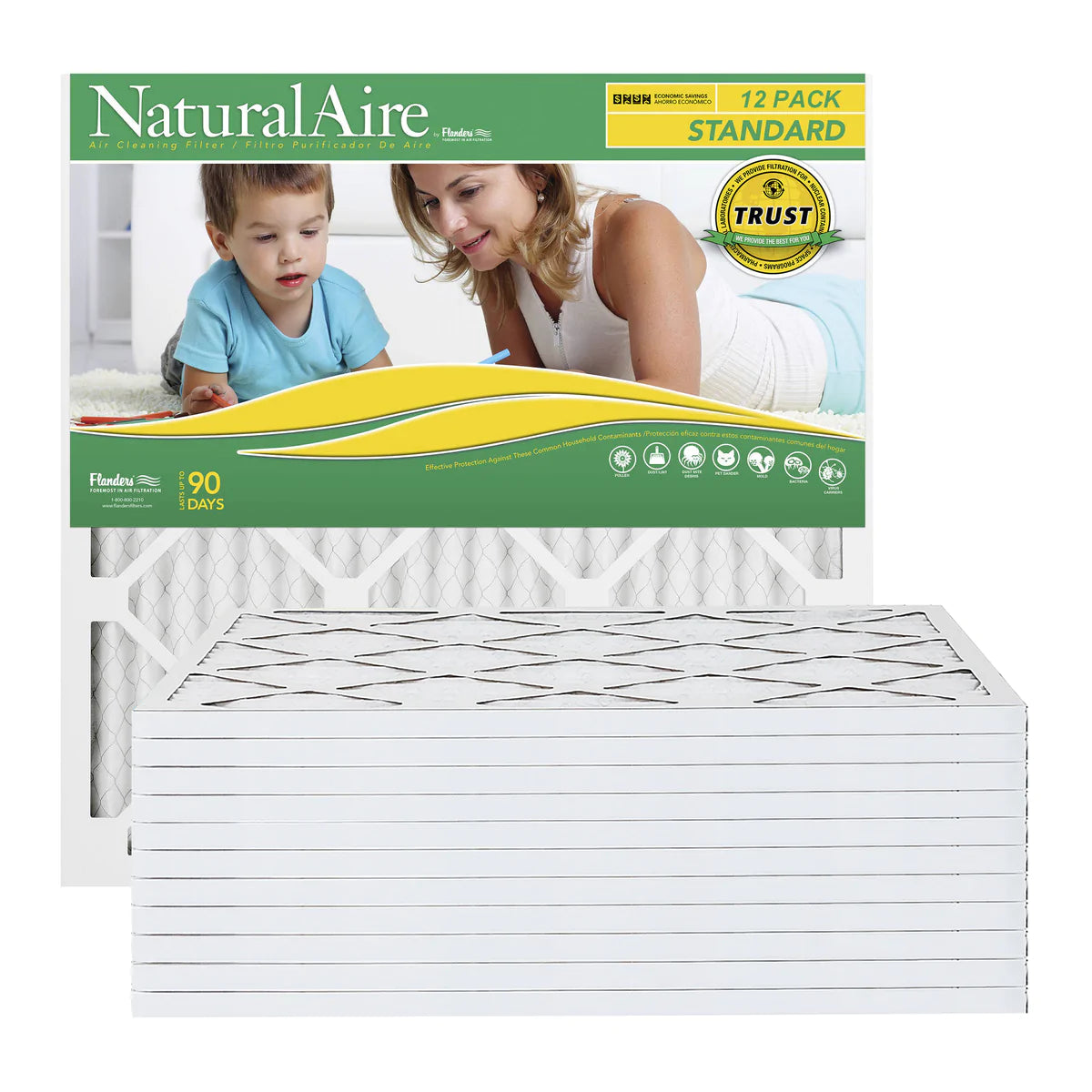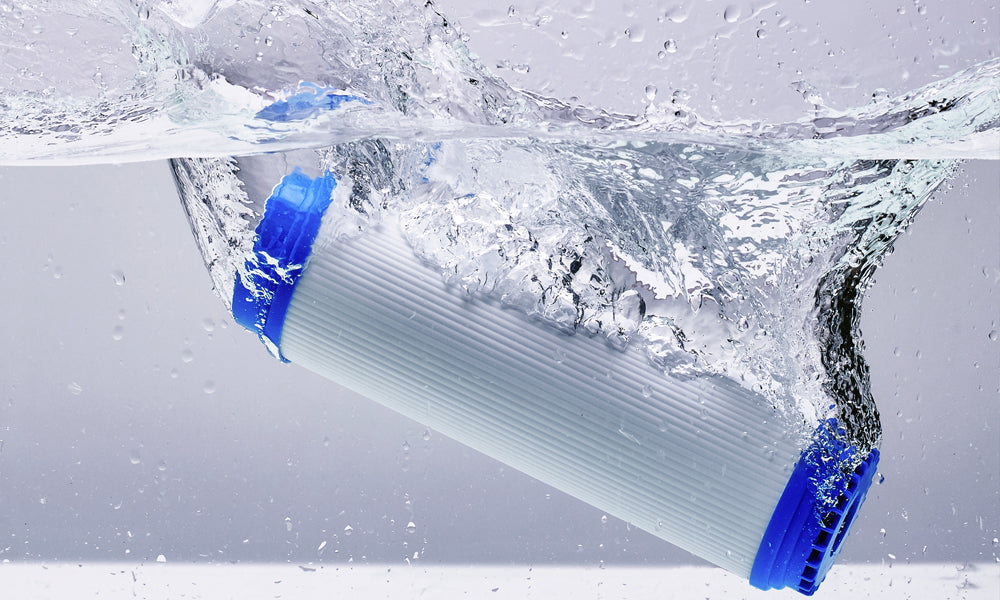When considering which air filter to choose for you HVAC system, the answer seems simple – just choose the one that removes the greatest amount of particulate from the indoor air! However, in the real world there are far more factors impacting filter choice than merely particle efficiency. Among these factors is the impact of the filter on energy costs.
At the heart of the filter is media – the component of the filter where filtration actually happens. Many filter medias look fairly similar to the naked eye. However, look a little closer, and you can see some pretty stark differences.
Most lower‐efficiency filter media has relatively larger fibers and primarily filters out large particles via straining or impingement. It also typically has wider openings between fibers that allow air to pass through relatively easily.
Higher‐efficiency filter media, by comparison, typically has many smaller, finer fibers and can also filter by straining and impingement. By contrast, though, higher‐efficiency media can capture smaller particles via interception and diffusion, too. In order to filter smaller particles effectively, this type of media typically has a dense web of small fibers with smaller openings for air to pass through. Therefore, if you were to have just a flat sheet of media, it would be more difficult for airflow to pass through the higher efficiency media.
In general, these advances extend the surface of the media, essentially adding more surface area for air to come in contact with as it flows through the filter. More media means both more fibers and more spaces between them available for air to flow, so this has two positive effects on energy consumption.
-
More spaces between fibers means air can more easily pass through the filter.
-
More fibers to collect passing dust means that the filter will last longer before becoming clogged and requiring replacement.
Combined, these effects reduce energy consumption over the life of the filter.
In many cases, end customers and even filter manufacturers are focused solely on reducing initial resistance, the resistance to airflow when the filter first goes into use. However, in many cases, poorly designed filters do not load dust evenly over their surface, and/or use substandard media that clogs easily. These filters will become loaded with dust more quickly and either will require frequent replacement or, if not replaced, will consume much more energy to draw sufficient air through. While having a lower initial resistance, these filters drastically increase the total cost to operate the filter as compared to better‐designed, longer‐lasting filters that may have slightly higher initial resistance.
Many AAF Flanders filters have a longer life and lower energy cost due to the superior configuration of the media and frame, even at the same efficiency.
Also note that in many cases filters using synthetic media will have a relatively low initial resistance for their respective MERV ratings. However, these MERV ratings are often achieved by using media that relies in part on an electrostatic charge to filter out small particulates. While such filters may work well for certain applications, note that they could lose efficiency as fibers become loaded with dust. Also, such filters tend to become dust‐loaded more quickly than comparable ones that filter particles by mechanical means only.
When it’s difficult for airflow to pass through media, HVAC systems have to work harder, consuming more energy. Filters are generally designed to reduce this effect and consume as little energy as possible over their lifetime.


